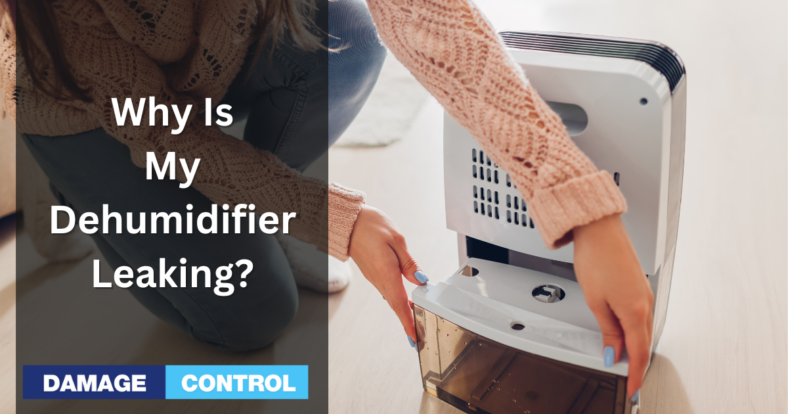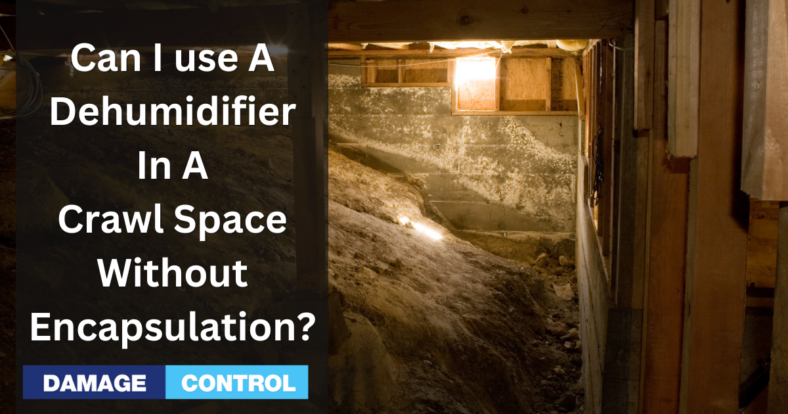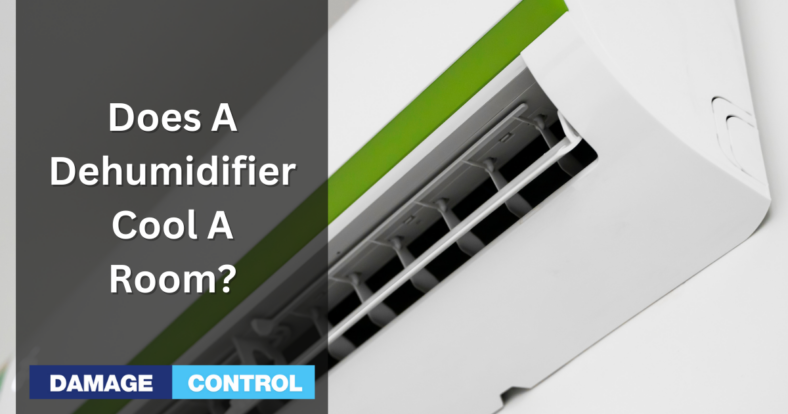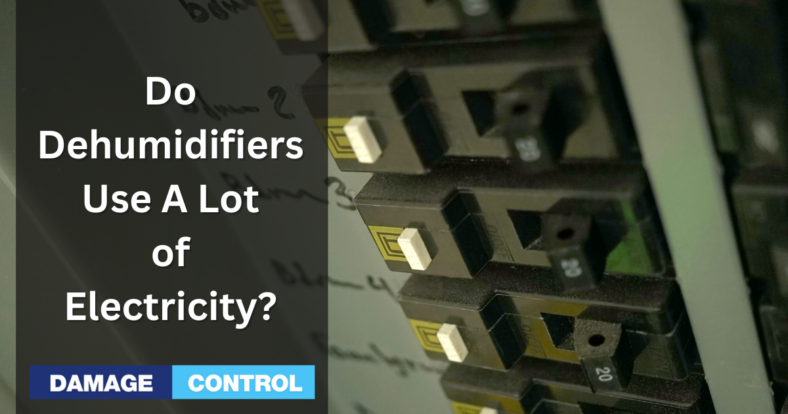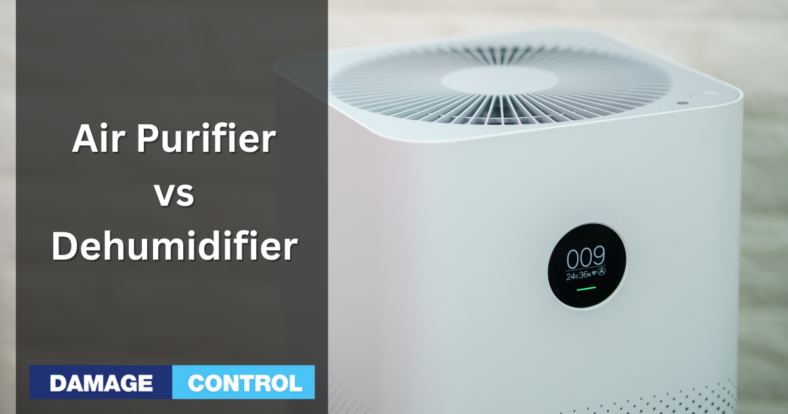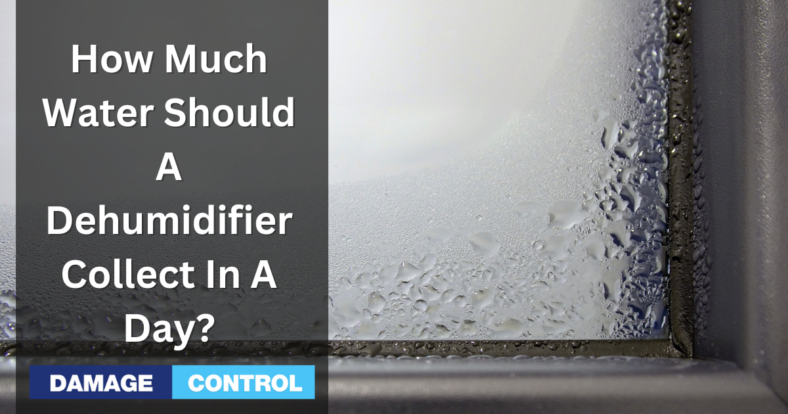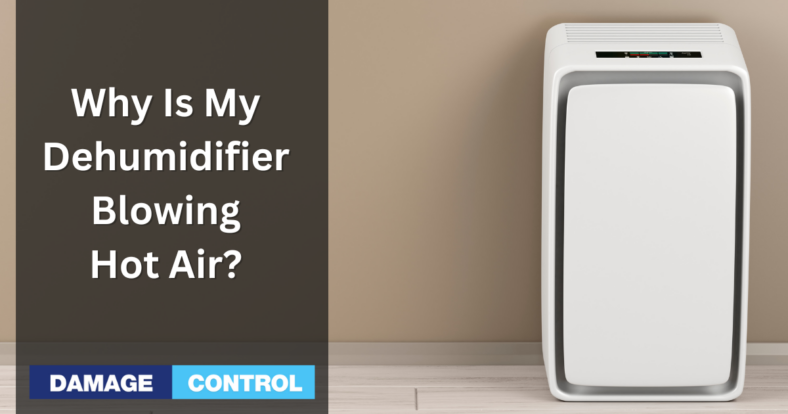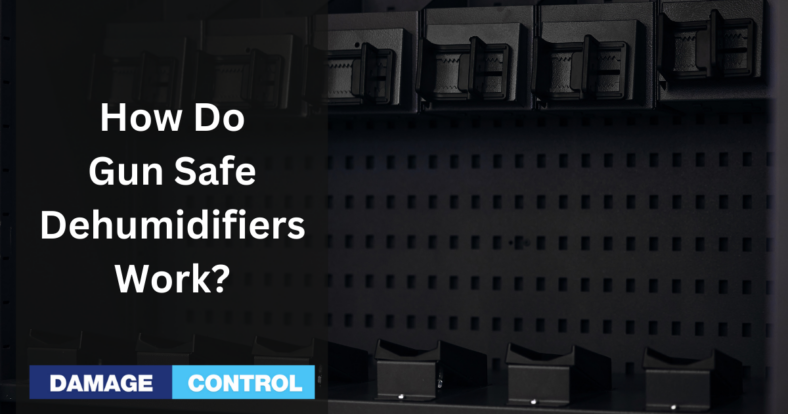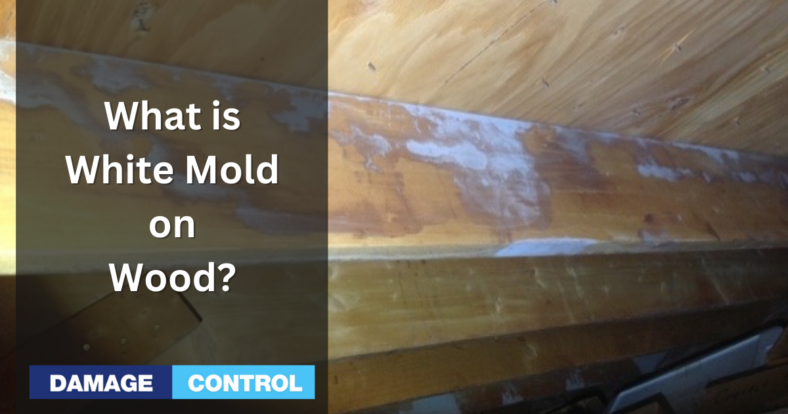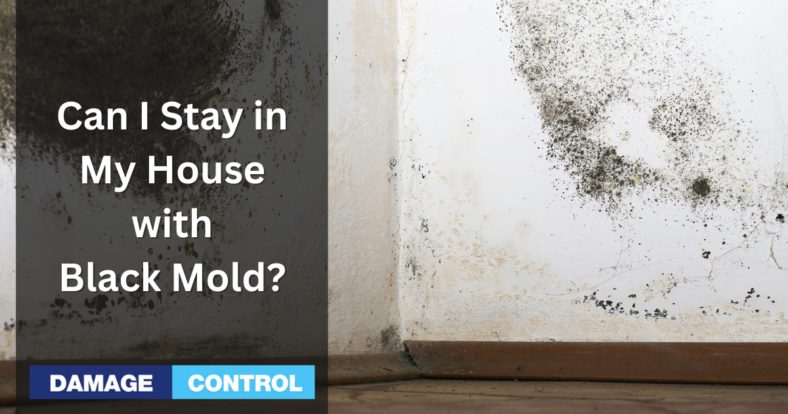In humid areas, dehumidifiers are essential for maintaining a comfortable indoor environment. These devices are not immune to issues, one of which is leakage. To ensure the longevity of your dehumidifier, you must understand why it is leaking. Dehumidifier leaks can be caused by several common causes.
A clogged air filter, overflowing collection tanks, or improper installation are common problems. Overflowing tanks are usually the easiest to identify and resolve. If the tank is full and hasn't been emptied, water spills out. Regular dehumidifier maintenance and monitoring are important.

